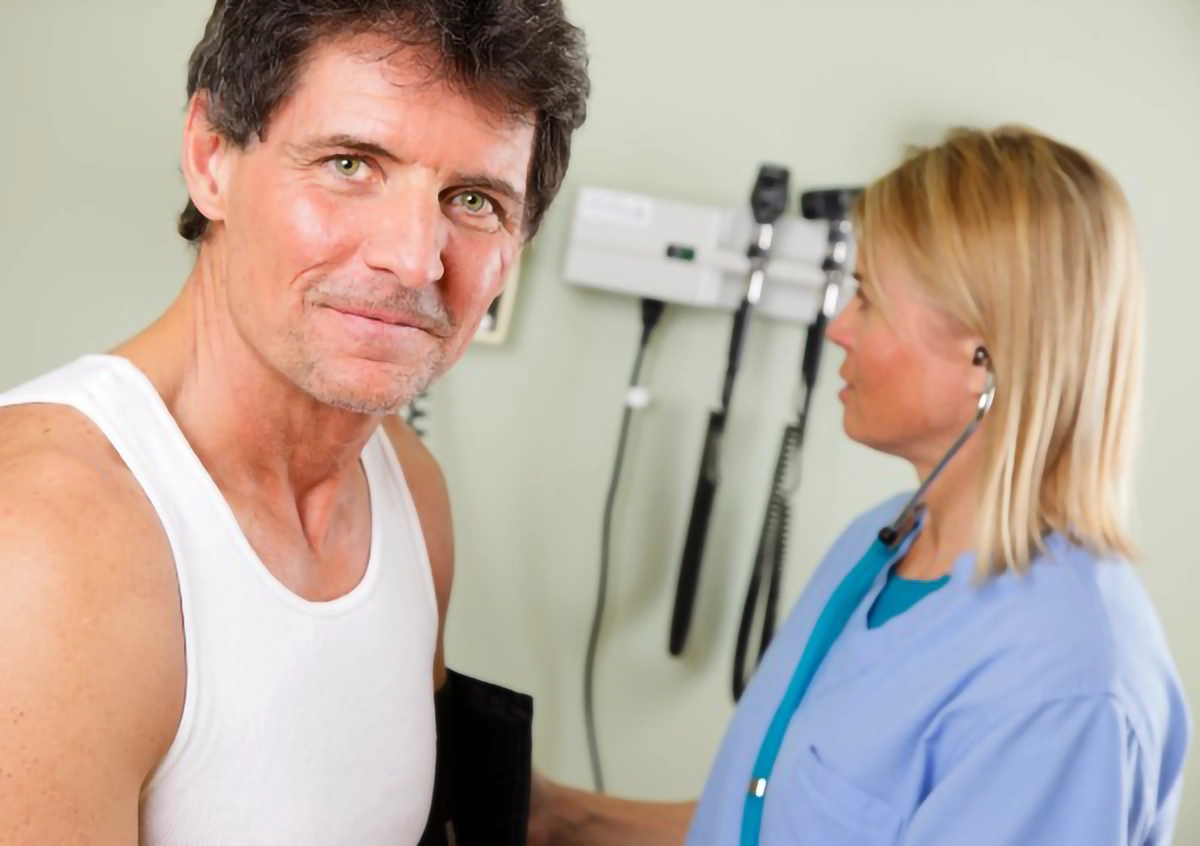We use cookies to help provide you with the best possible online experience.
By using this site, you agree that we may store and access cookies on your device. Cookie policy.
Cookie settings.
Functional Cookies
Functional Cookies are enabled by default at all times so that we can save your preferences for cookie settings and ensure site works and delivers best experience.
3rd Party Cookies
This website uses Google Analytics to collect anonymous information such as the number of visitors to the site, and the most popular pages.
Keeping this cookie enabled helps us to improve our website.
Blog: Prostate Health - What Every Man Should Know

We don't talk about prostate health enough-but we should.
As men get older, it's common for the prostate to change, and in many cases, it can start to cause some symptoms. While not all changes are serious, it's important to know what's normal, what's not, and when to speak to your GP.
What is the prostate?
The prostate is a small gland that sits just below the bladder and surrounds the urethra (the tube you pee through). Its main role is to help produce semen. As men age, the prostate often grows larger, which can affect how easily you pass urine.
Common prostate problems
Benign Prostatic Hyperplasia (BPH) - a non-cancerous enlargement of the prostate. It can cause:
- Difficulty starting or stopping urination
- A weak or slow stream
- Feeling like your bladder doesn't fully empty
- Going to the toilet more often, especially at night
Prostatitis - inflammation of the prostate, sometimes due to infection. It can be painful and cause discomfort when urinating or sitting.
Prostate cancer - one of the most common cancers in men, often slow growing. Many men don't notice symptoms in the early stages, which is why it's so important to stay informed.
Should I have a PSA test?
The PSA test is a blood test that can help detect early signs of prostate cancer. However, PSA levels can also rise due to non-cancerous conditions like BPH or prostatitis, so results aren't always definitive.
If you're over 50-or younger with a family history of prostate cancer-it's worth discussing PSA testing with your GP. Men with a family history, those of African or Caribbean descent, and men with certain genetic mutations (like BRCA) may be at higher risk.
We can talk through the pros and cons to help you make an informed choice.

When to book an appointment
It's a good idea to see your GP if you notice:
- Any changes in your usual urination pattern
- Pain when passing urine or during ejaculation
- Blood in your urine or semen
- Ongoing pain in the lower back, hips or pelvis
Most of the time, these symptoms are not caused by cancer, but it's always best to get checked so we can work out what's going on.

Looking after your prostate
There's no guaranteed way to prevent prostate problems, but these steps may help:
- Stay active and maintain a healthy weight
- Eat a balanced diet with plenty of fruit and veg
- Cut down on alcohol
- Don't ignore any changes-get them checked early
Published: May 14, 2025
